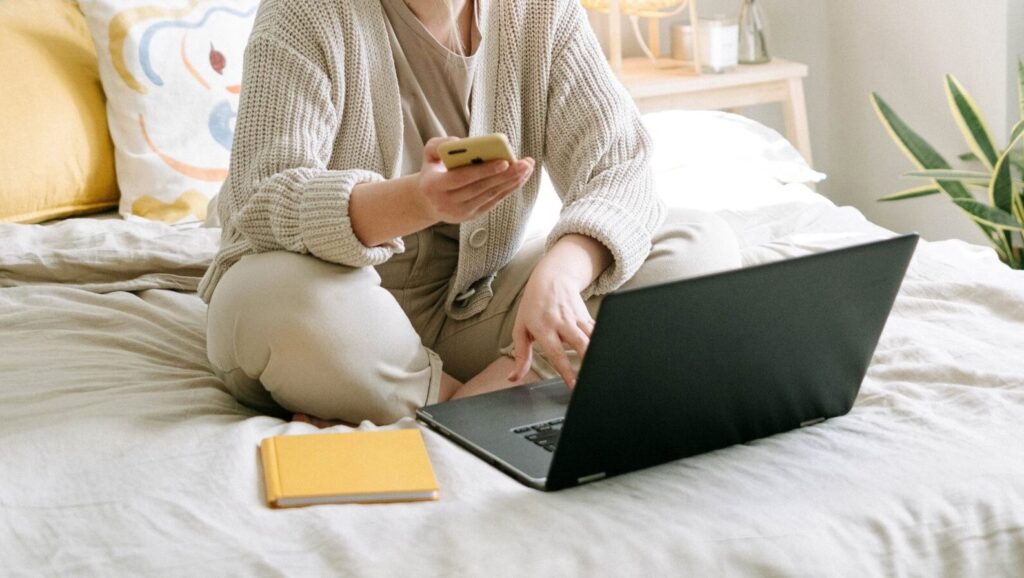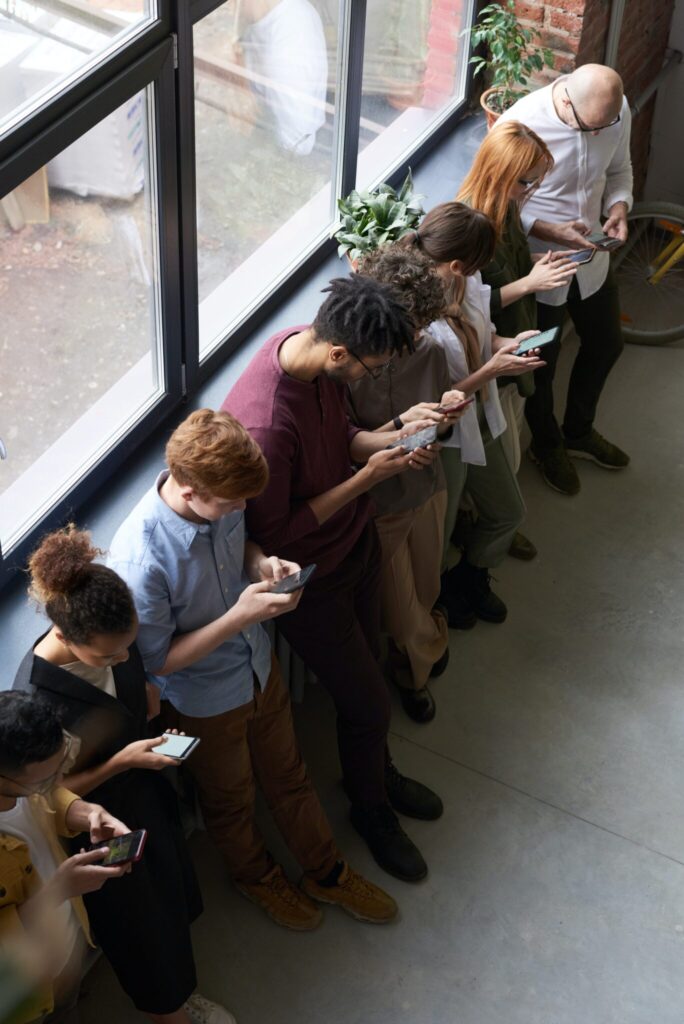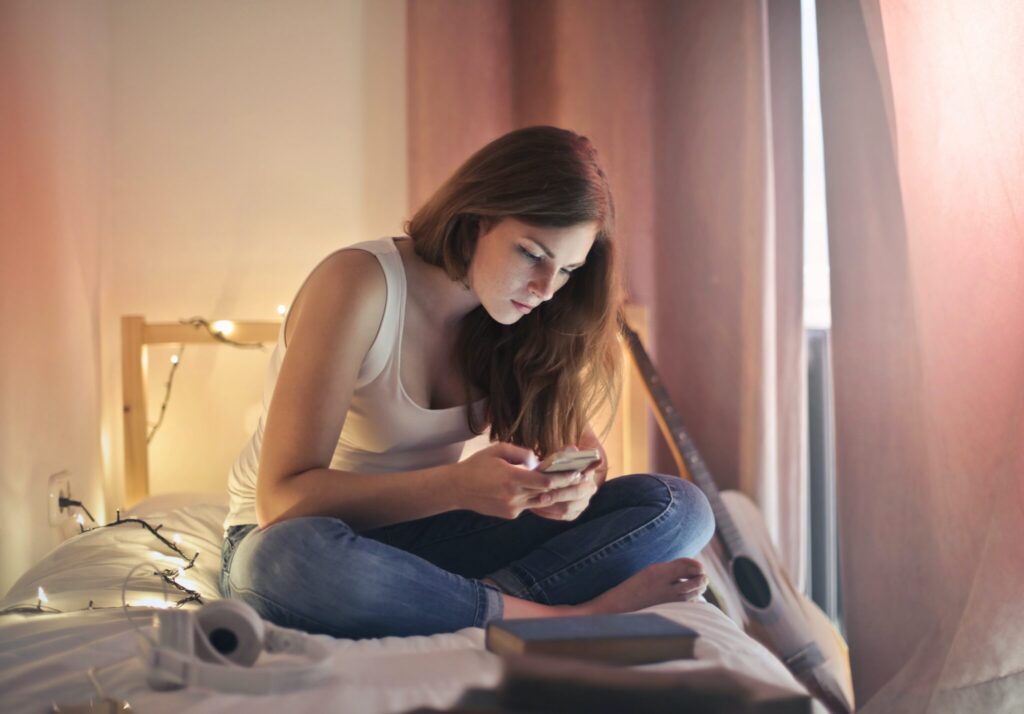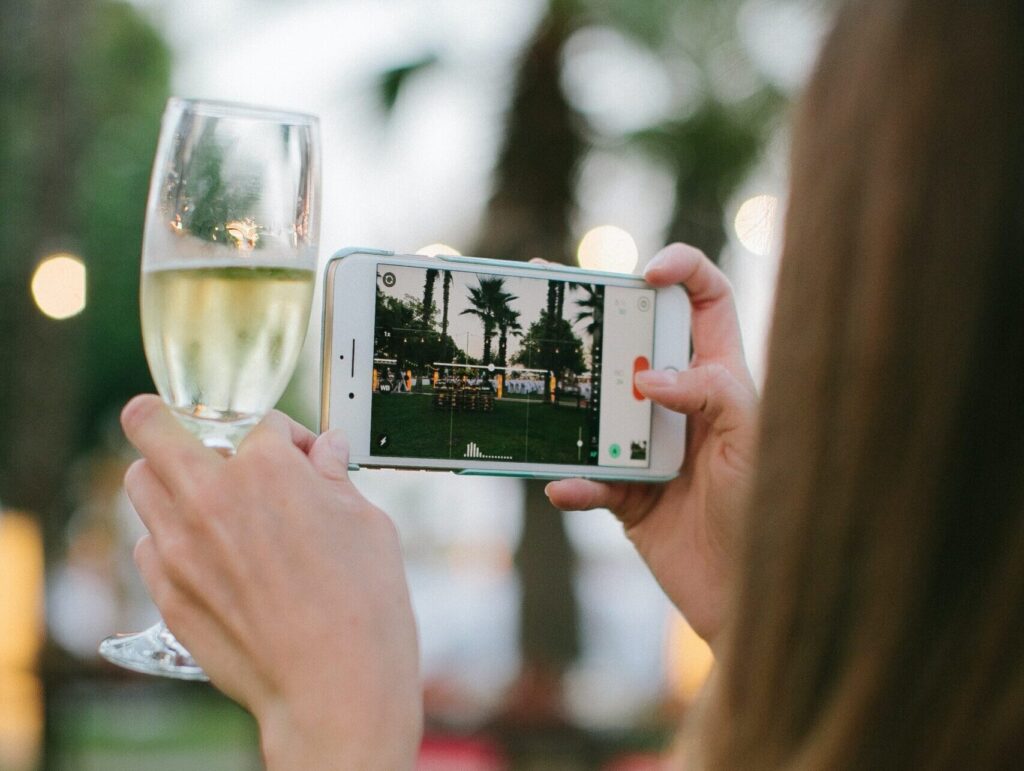By Fatima Raza
Is social media and the increase of fast-paced content making us impatient in real life?
On a busy Tuesday afternoon, Mason Cohen got home after a long morning of classes. His stomach was growling with hunger and though he would have much rather preferred a full, complex meal, he picked up a 99-cent delicacy of ramen noodles.
Placing his bowl of noodles in the microwave he set the timer to two minutes and watched as his food took a spin in the warm yellow light. With each second, though, he grew more and more impatient– his eyes glued to the agonizingly slow timer as his mind wandered off to a thousand different thoughts.

With the rise of fast-paced social media, many users are facing the consequences of what is called instant gratification. Though the gratification feeling may be satisfying in the present time, the immediacy can have an adverse effect on the individual’s ability to concentrate on slower-running tasks.

“Since when did a minute feel so long?” Cohen questioned himself as he picked up his phone to distract himself on social media while his noodles continued cooking.
It’s not even just waiting on the microwave, though.
Cohen says the impatience kicks in even when watching videos on Youtube. If a video gets boring for even ten seconds, he skips forward until it feels more entertaining.
Or worse, if the advertisements before a video are not quick enough, he quits the tab and ditches the idea of watching the video at all.
“Waiting seems like a tedious task.”
Mason Cohen
The problem lies in trying to stay focused, Cohen admits.
Dr. Julia Broeking, a Toronto-based child psychologist, explains that the overuse of certain social media, like scrolling through TikTok, watching short Youtube clips or playing games that are based on short reaction responses, can have negative effects on our attention spans.
“You start to get impatient when you have to engage with something that is longer or when the storyline kind of takes time before you know what’s happening,” Dr. Broeking says.
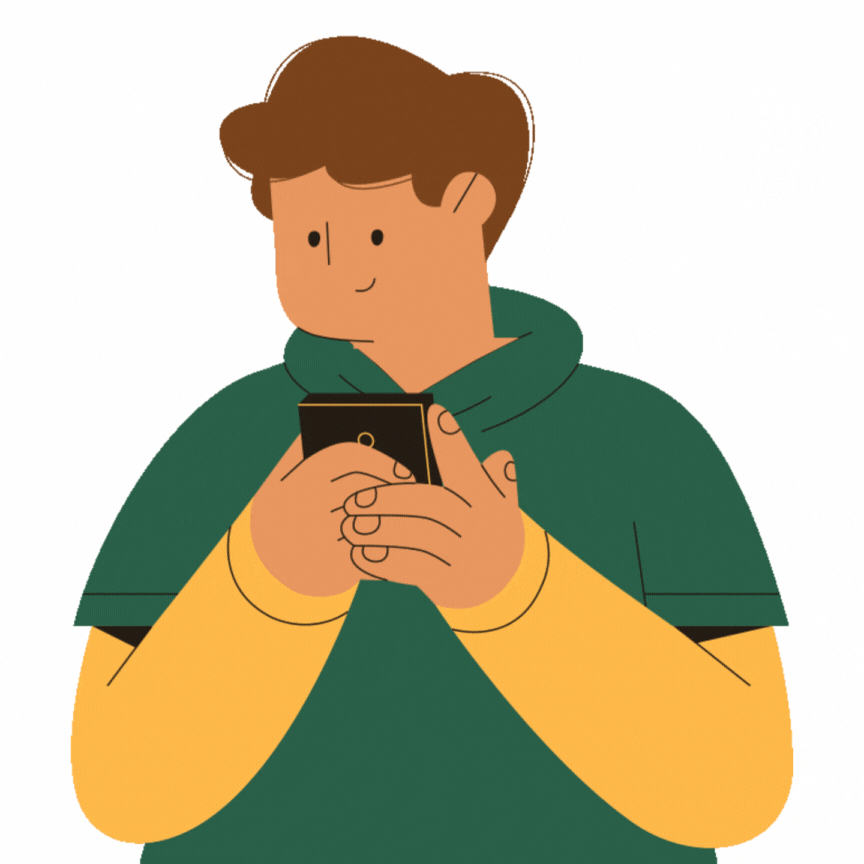
Just recently, Cohen noticed that in class when the professor is speaking, he constantly feels the need to check his phone to reconfigure his attention.
During lectures, he keeps his phone in his backpack to avoid the urge to be distracted. In every ten-minute break, though, he rushes on and scrolls through his feed to feel awake.
“I definitely believe social media plays a huge role in how we focus on things,” he says.
A 2022 report released by the Social Media Lab at Toronto Metropolitan University revealed that Canada is one of the world’s most digitally connected nations, with 94% of Canadian adults having an account on at least one social media platform.
Cohen admits to deleting TikTok after having it just for two weeks because of how much of his time it was consuming.
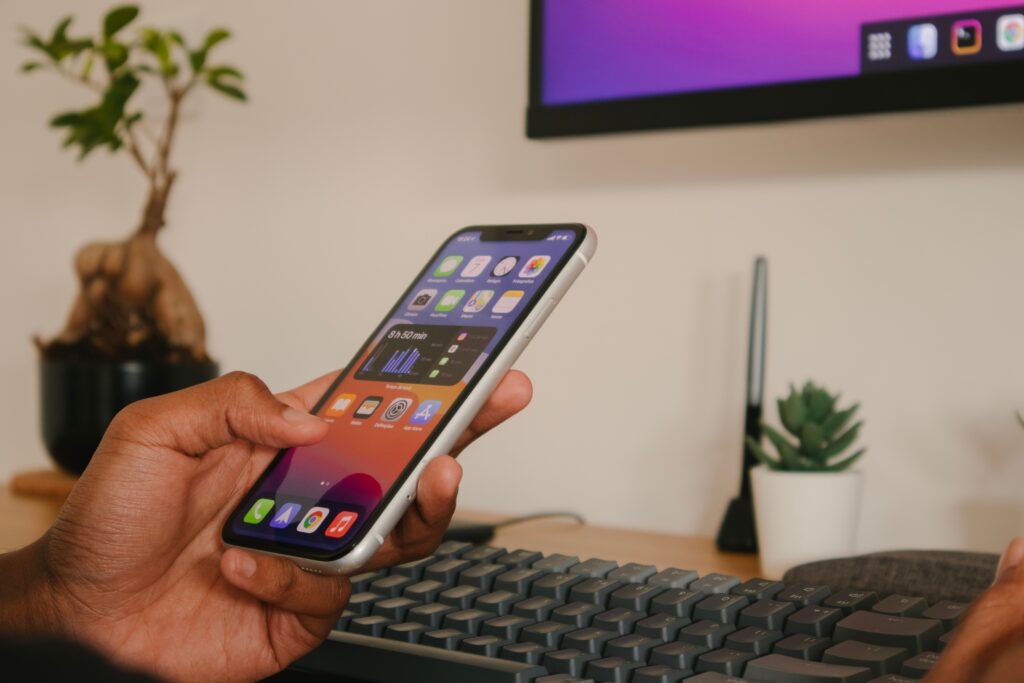
“I reduced my daily screen time from five hours to just three,” he adds.
Unfortunately for him, the five hours daily resulted in him getting glasses after he thought he left them behind for good at the age of 10.
Aside from physical consequences, teenagers who use social media for more than three hours daily are at a higher risk of experiencing mental health problems, such as depression, anxiety, aggression, and antisocial behaviour, a 2019 study suggests.
Dr. Broeking explains that though newer research studying the effects of social media on the attention spans of people is mainly inconclusive, she would not be surprised if the effects were proven to be permanent in the future. This is because fast-paced social media is fairly new and its long-term effects may take years to understand fully.
Recently, an odd new content style has surfaced on TikTok, changing the way we engage with content. Two unrelated videos are combined to create a unique viewing experience.
This is done using a split screen—one side displays a random video such as slime-making, Subway Surfers gameplay, or soap-cutting, while the other side shows the actual content intended for the audience. Despite sounding strange, this concept has gained popularity on the app because of its ability to hook the audience and increase interactions.
Zachary Wolofsky, a social media user, took a spin on the concept by integrating it into his work habit somewhat practically.
On his dual-monitor system, Wolofsky strategically placed his work on one monitor while on the other, he added a lo-fi scene of a windy beach on top and a gameplay of subway surfers on the bottom.
“Surprisingly, it helped me get my work done,” he says, though he will not be doing it again as it feels a little odd for his liking.
Wolofsky, who was diagnosed with ADHD at a young age, says he takes social media breaks every so often while working to give him a boost in motivation to complete his work.
Dr. Broeking explains that several other psychoneurological processes may affect our ability to pay attention, too.
“Constantly using social media can affect people’s anxiety, it can make them feel really crappy about themselves. And again, if you’re feeling really anxious, and if you’re feeling depressed, it’s hard to sustain your attention on anything.”
Dr. Julia Broeking, Toronto-based child psychologist
A study at the University of Montreal linked social media usage to symptoms of depression in teenagers. The study spanned four years and surveyed nearly 4,000 teenagers. It revealed that increased social media usage was associated with higher levels of depression symptoms, including sadness, hopelessness, and suicidal thoughts.
One night, like many others, journalist Wanja Gathu Elizabeth sat at her desk to get some work done. After about ten solid minutes of concentration in and a project at hand to complete for an approaching deadline, her phone lit up, emitting a noting ping followed by a vibration that waved through her desk.
BUZZ.
Immediately, her attention shifted to what lit up her phone. Intrigued, she gave in to her curiosity. Bouncing from message to message and addressing all pop-ups on her screen, she lost track of time and before she knew it, she lost her focus.
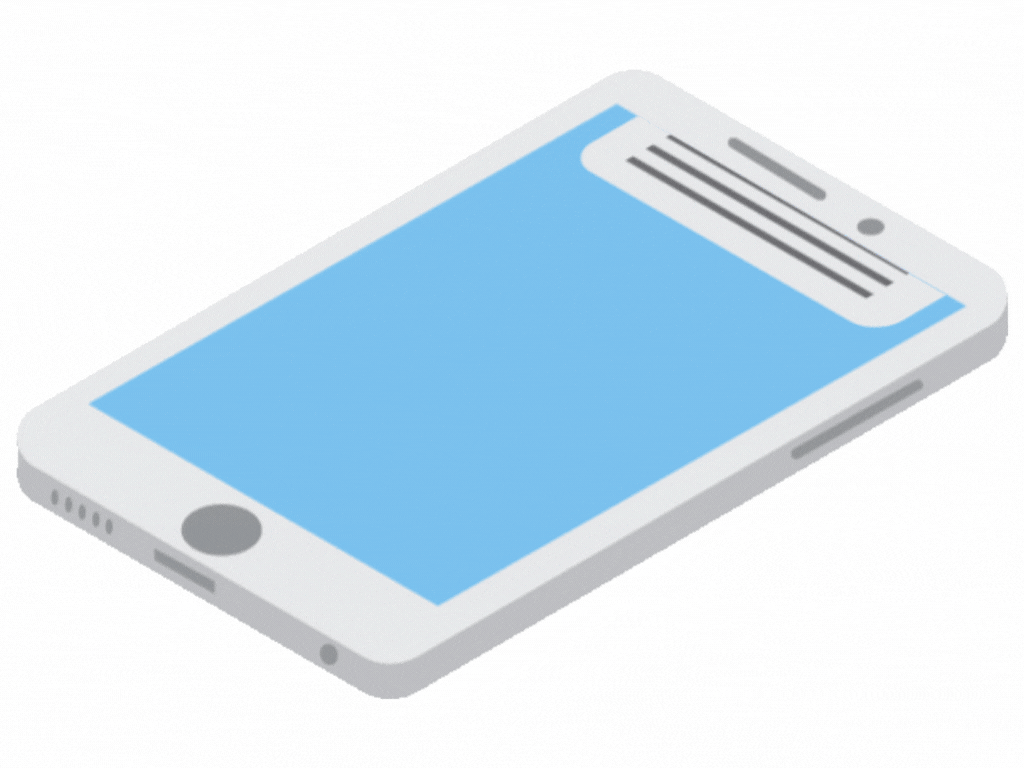
“Every time I sit to do something, I get a notification,” she says. After discussing the matter with a friend, Elizabeth found that putting her phone in airplane mode helps her avoid distractions.
Although she avoids using TikTok as she finds the content unrelatable and meaningless, she says her other big four platforms– Facebook, Instagram, Twitter and Whatsapp– can sometimes occupy her for three hours a day.
Dr. Broeking advises people who are concerned about their screen times to practice a healthy ‘social media diet’.
The diet is quite simple—you counteract the effects of social media usage by implementing healthy lifestyle choices every now and then.
“Try limiting your use of your phone to a moderate amount a day. Engage yourself in other activities, like reading or watching movies that have a developing story storyline or doing things like mindfulness training and meditation,” she says.
These things can help you to stay in the moment and increase your patience and your tolerance for slower-moving things, allowing you to regain some of that ability to concentrate and enjoy longer tasks.

